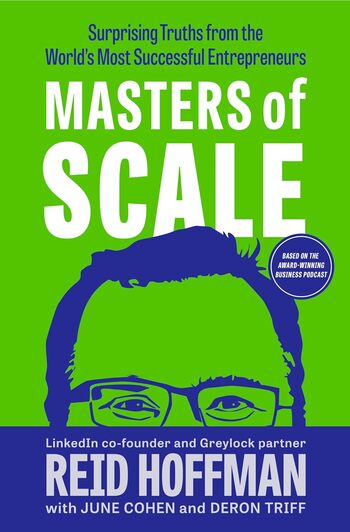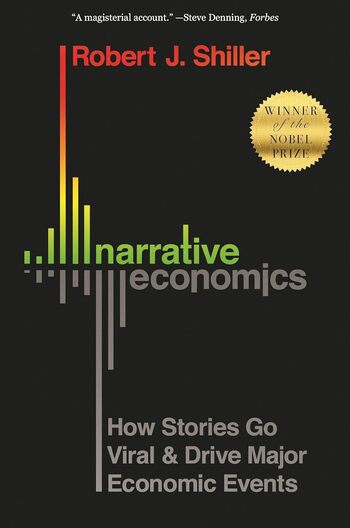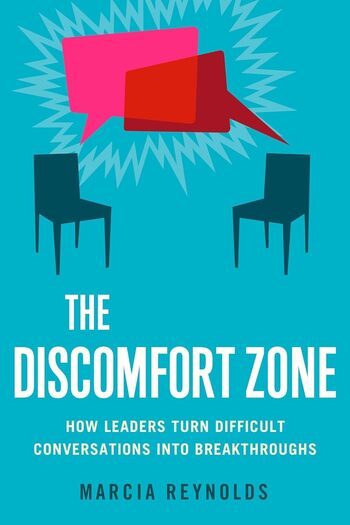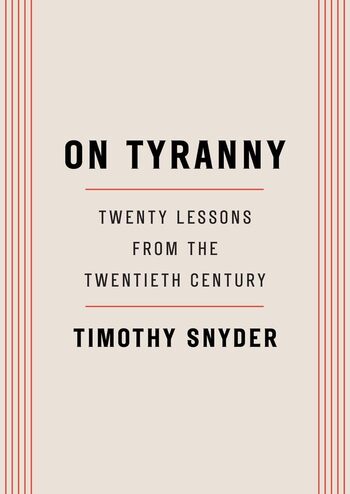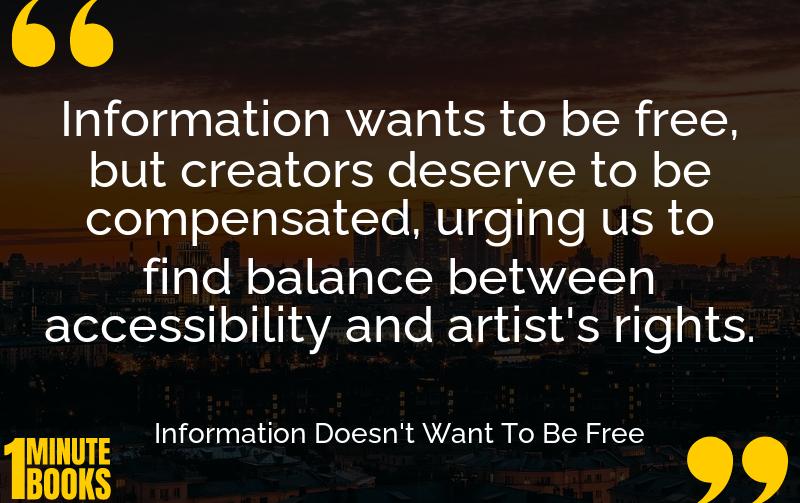
The book delves into the tension between digital content accessibility and creators’ rights, arguing for updated copyright laws to accommodate the digital age.
Main Lessons
- Advancements in technology have changed how we access and perceive digital content.
- File sharing platforms challenge the ethics of free access versus creator compensation.
- Subscription models show people are willing to pay for quality content.
- Digital locks may not effectively protect online content from piracy.
- Internet freedom and security require a balanced approach in legislation.
- Current copyright laws are outdated and need to evolve with technology.
- Creators deserve fair compensation for their art in a digital world.
- Fan fiction and creative freedom should be preserved despite copyright challenges.
- Policies must address both freedom of speech and intellectual property rights.
- The ethical implications of media consumption are complex in the digital era.
- It is crucial to strike a balance between unlimited access and censorship.
- Individuals have a role in shaping the future of digital content policies.
- Hackers and piracy activists may not hold the moral high ground they claim.
- Reform in copyright laws is essential to protect both creators and consumers.
- Questions of legality and ethics around digital content require public discourse.
